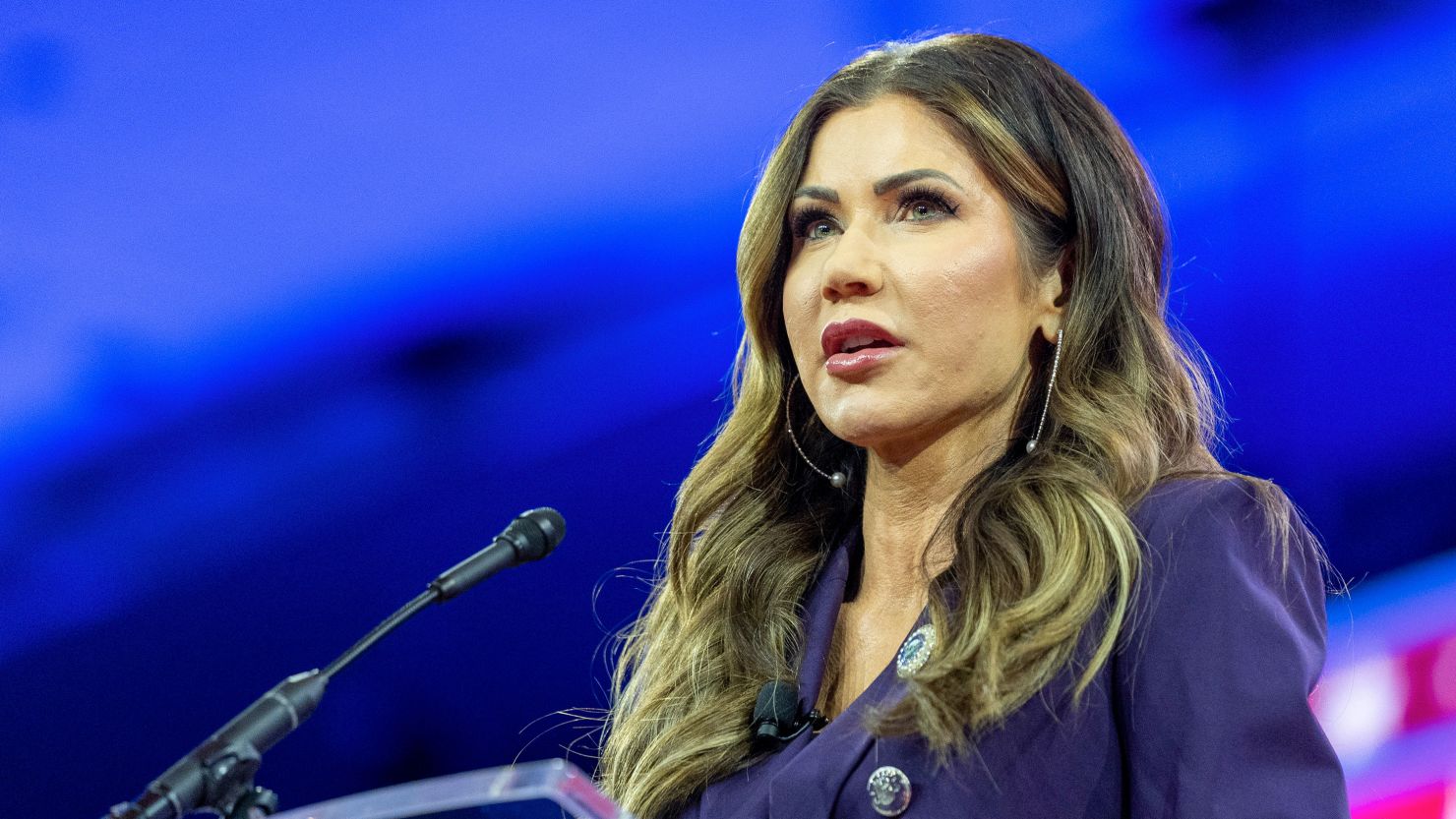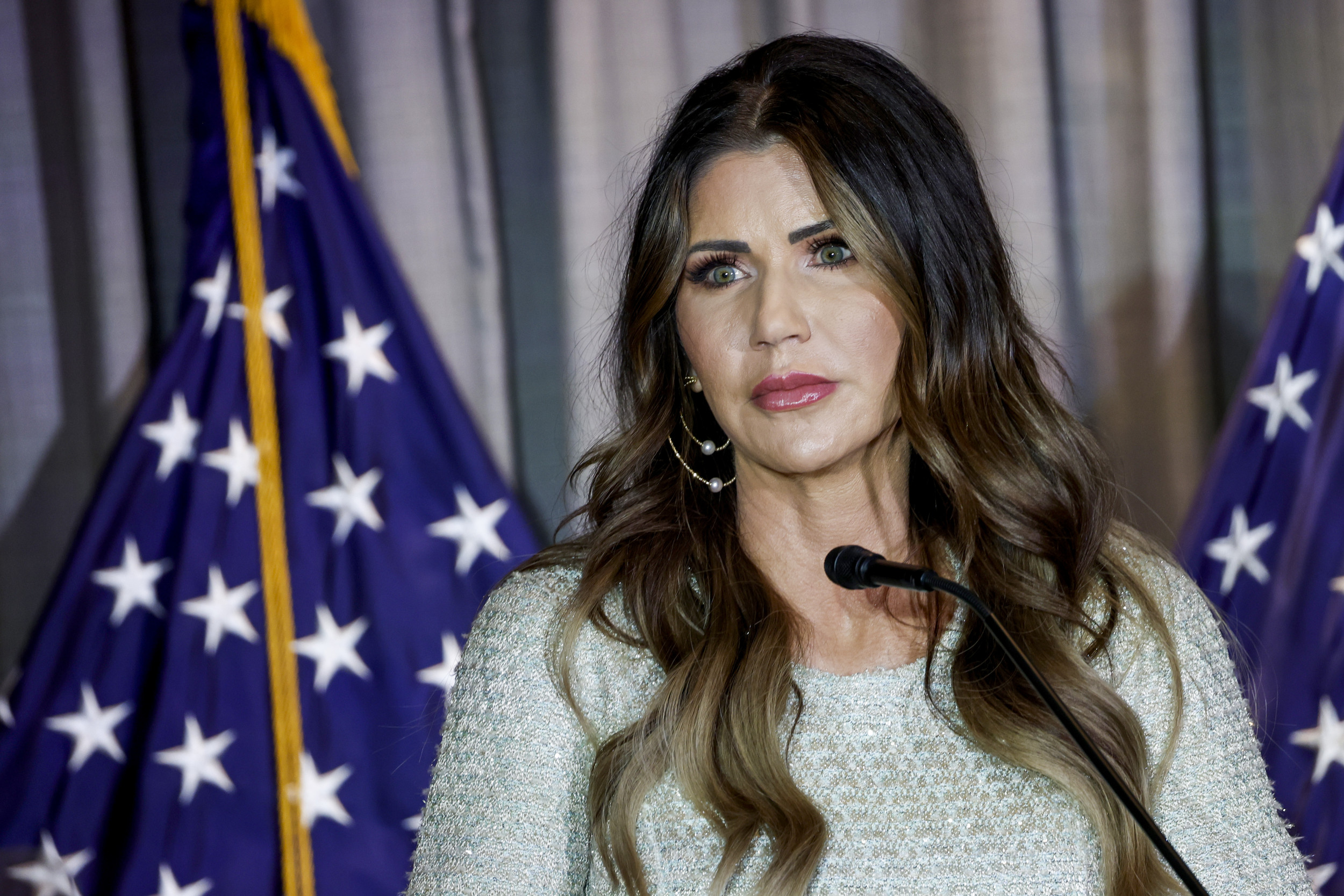The Standing Rock Sioux Tribe, in response to South Dakota Governor Kristi Noem’s accusations linking Mexican drug cartels to crime on Indigenous land, has barred her from visiting their reservation, making it the third Native American tribe to do so.
This decision follows Chairwoman Janet Alkire’s condemnation of Noem’s remarks, labeling them as fear-driven politics. Noem, a staunch ally of former President Trump, faced similar bans from the Cheyenne River Sioux Tribe Council in April and the Oglala Sioux Tribe in February, both situated in South Dakota.
Noem’s assertions about drug cartel activity within Indigenous territories, reiterated during a town hall in March, stirred controversy among tribal leaders. Alkire urged Noem to collaborate with tribal authorities to enhance funding and support for tribal law enforcement and education instead of making baseless claims. Despite facing bans, Noem stood by her statements, emphasizing the presence of dangerous cartels in South Dakota and their contribution to various crimes.

Governor Close to Trump Barred from Another Native American Reservation (Credits: Newsweek)
Reports by NBC News revealed the infiltration of Mexican drug cartels into Native American communities, particularly in Montana, where cartel associates exploit relationships with Indigenous women to facilitate illegal activities.
Testifying before the House Committee on Natural Resources, Jeffrey Stiffarm, president of the Assiniboine and Gros Ventre Nations, emphasized the federal government’s failure to address the drug cartel crisis on tribal lands, underscoring the vulnerability of Indigenous territories due to rural terrain and under-resourced law enforcement.
In response to the escalating situation, Noem’s office announced a new initiative aimed at training tribal law enforcement officers to address the shortage of officers on Indigenous land. The initiative seeks to conduct training programs within South Dakota, as opposed to the current practice of sending potential officers to New Mexico for training over a 13-week period.

Governor Close to Trump Barred from Another Native American Reservation (Credits: CNN)
Noem emphasized the urgency of the situation, highlighting the need for collaborative efforts to tackle the pervasive issues of crime and drug addiction plaguing Indigenous communities.
Despite the banishments and criticisms, Noem remained steadfast in her stance, portraying herself as a truth-teller confronting uncomfortable realities. However, her approach faced skepticism from tribal leaders and critics who questioned the efficacy of her actions and urged a more cooperative and informed strategy to address the underlying issues.
The ongoing saga underscores the complex dynamics between state authorities and Indigenous tribes, highlighting the importance of dialogue, cooperation, and meaningful action in addressing systemic challenges affecting Indigenous communities.























